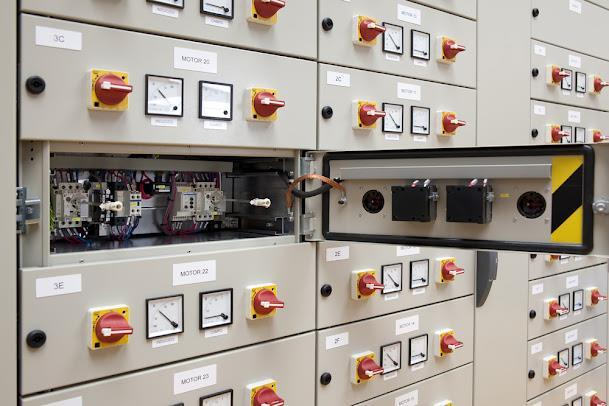As a distributor, your success hinges on providing customers with solutions that precisely meet their needs. In the realm of industrial automation, understanding motor control systems is paramount. These systems are the brains behind countless applications, from simple conveyor belts to complex robotic assemblies. A solid grasp of their components, functionalities, and applications empowers you to offer informed recommendations and build lasting customer relationships. At its core, a motor control system regulates the performance of an electric motor. This involves managing speed, torque, direction, and even position. Key components typically include the motor itself, a controller (such as a variable frequency drive or VFD), sensors for feedback, and necessary wiring and protective devices. The controller acts as the central processing unit, receiving signals from sensors and adjusting the motor’s operation accordingly. Understanding the nuances of different controller types, like AC vs. DC drives, and their suitability for various applications is crucial for a distributor. One of the most significant aspects of motor control is the distinction between open-loop and closed-loop systems. Open-loop systems operate without feedback, relying on pre-programmed parameters. While simpler and less expensive, they are less precise and susceptible to variations in load or environment. Closed-loop systems, on the other hand, utilize feedback from sensors to continuously monitor and adjust motor performance, ensuring accuracy and stability. This level of control is essential for applications requiring precise positioning or speed regulation, like robotic arms or automated assembly lines. Furthermore, the applications of motor control systems are incredibly diverse. From HVAC systems and pumps to manufacturing machinery and material handling equipment, these systems are integral to numerous industries. Familiarizing yourself with common applications and the specific requirements of each is vital. For instance, a food processing plant may prioritize hygienic and washdown-ready components, while a heavy industrial environment may demand robust, high-power solutions. Understanding these industry-specific needs allows you to tailor your offerings and become a trusted advisor. In conclusion, a distributor’s mastery of motor control systems is a key differentiator. By understanding the fundamentals, differentiating between control types, and recognizing diverse applications, you can effectively serve your customers and solidify your position in the market. Stay up-to-date with the latest technologies, invest in product training, and prioritize customer support to ensure you are providing the best possible solutions and solidifying your reputation as an expert in motor control.
Understanding Motor Control Systems: A Distributor’s Guide
Distributors must understand motor control systems' components, types, and applications to provide effective solutions and build strong customer relationships in industrial automation.

